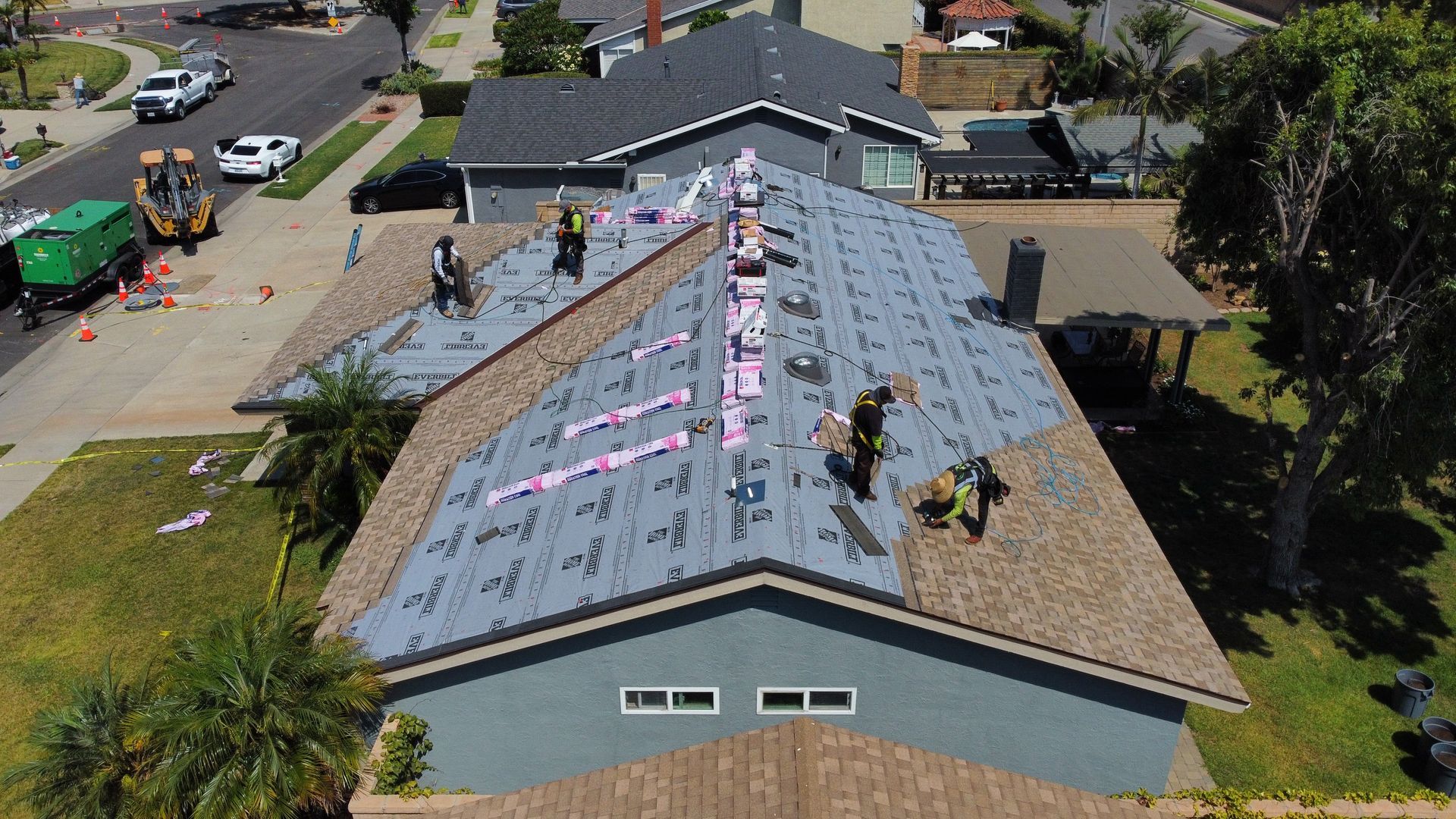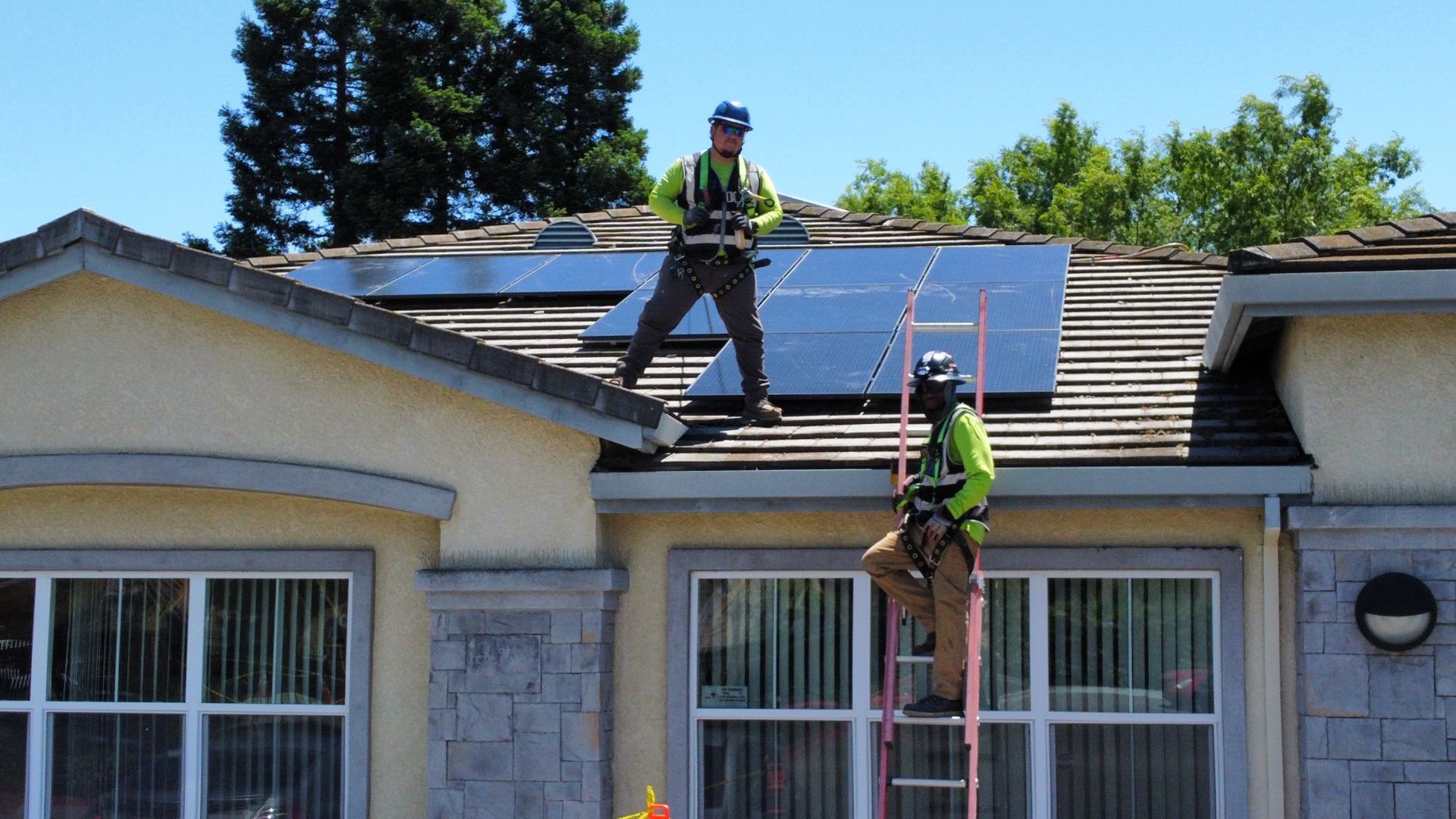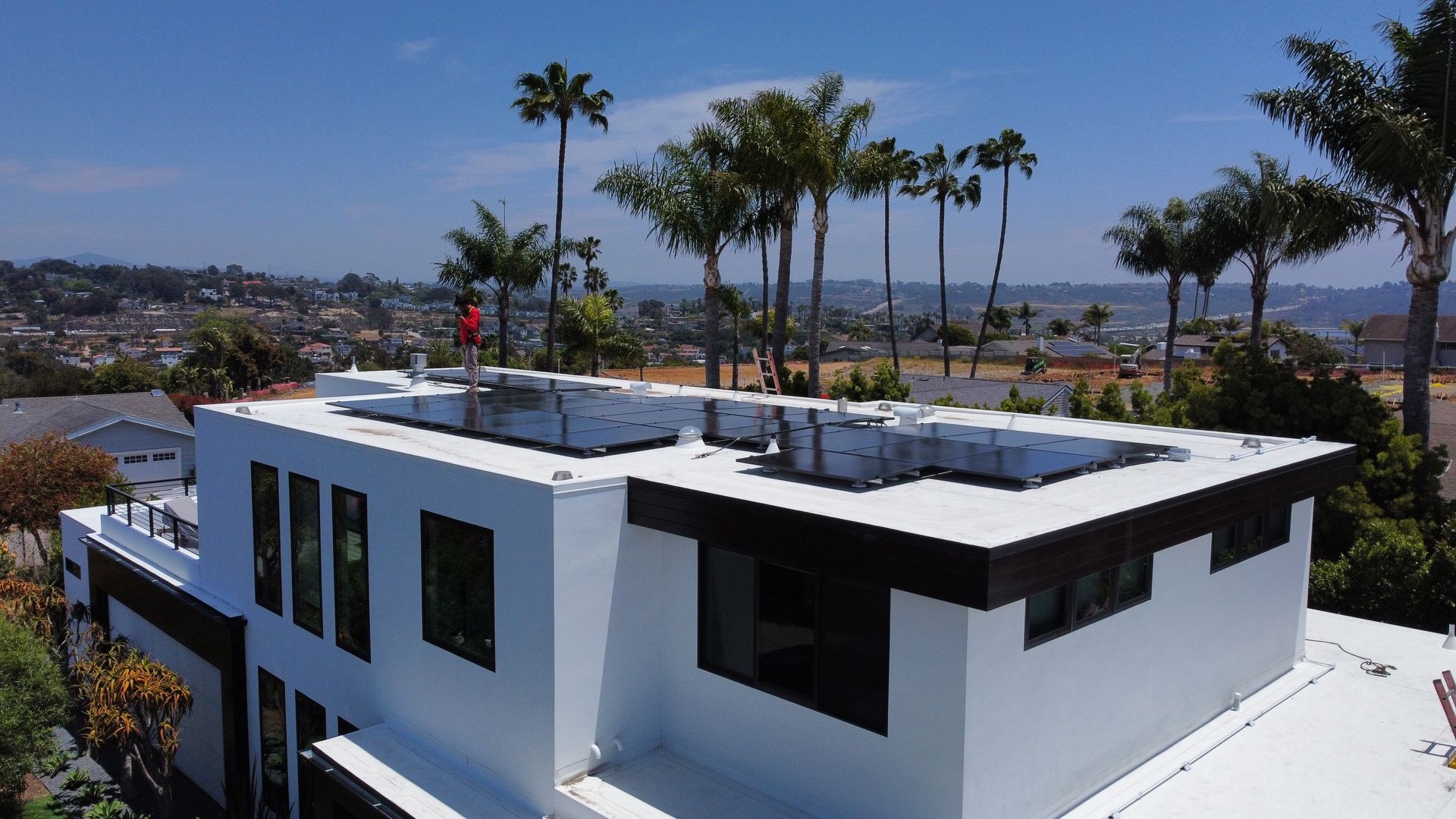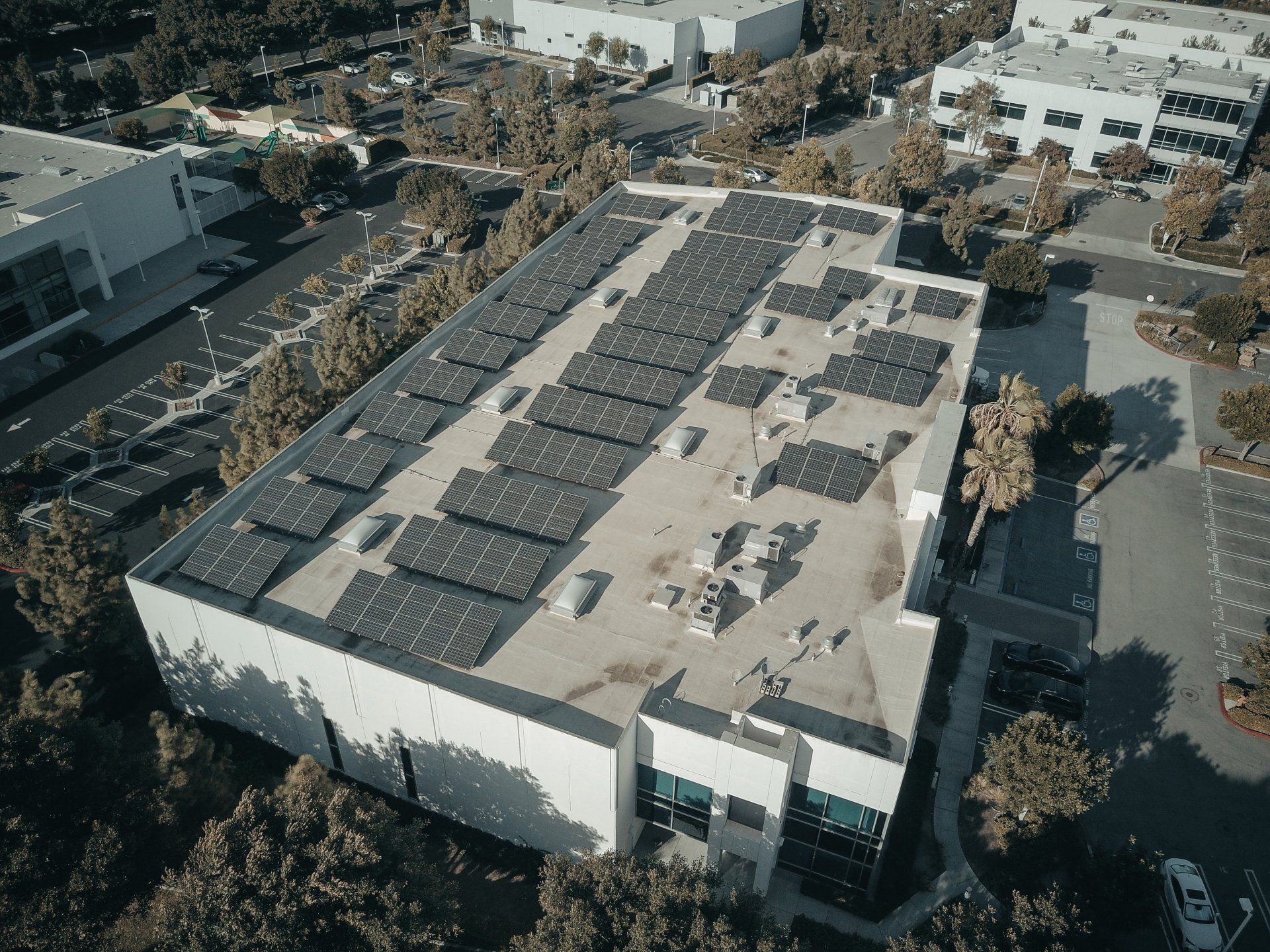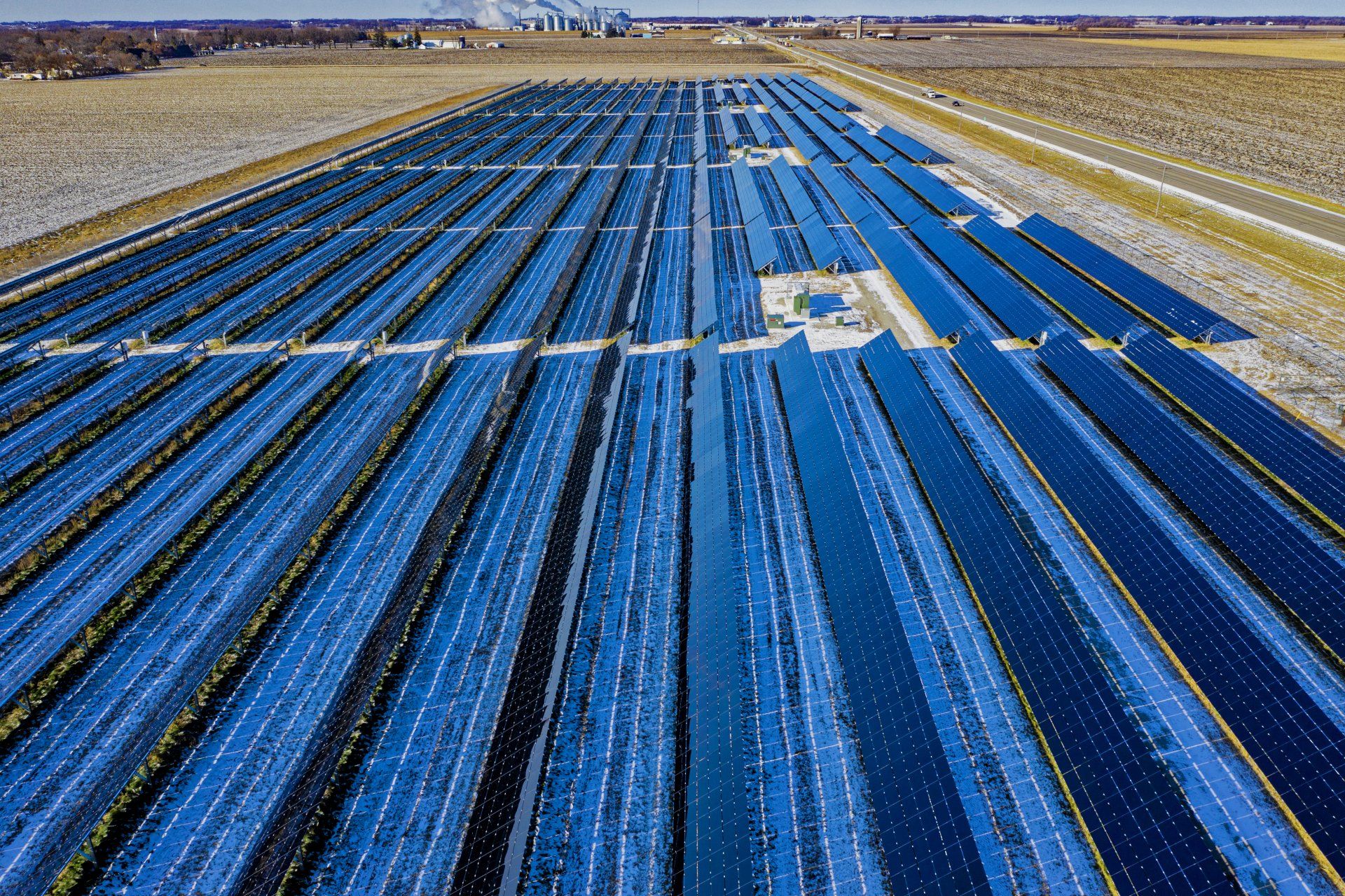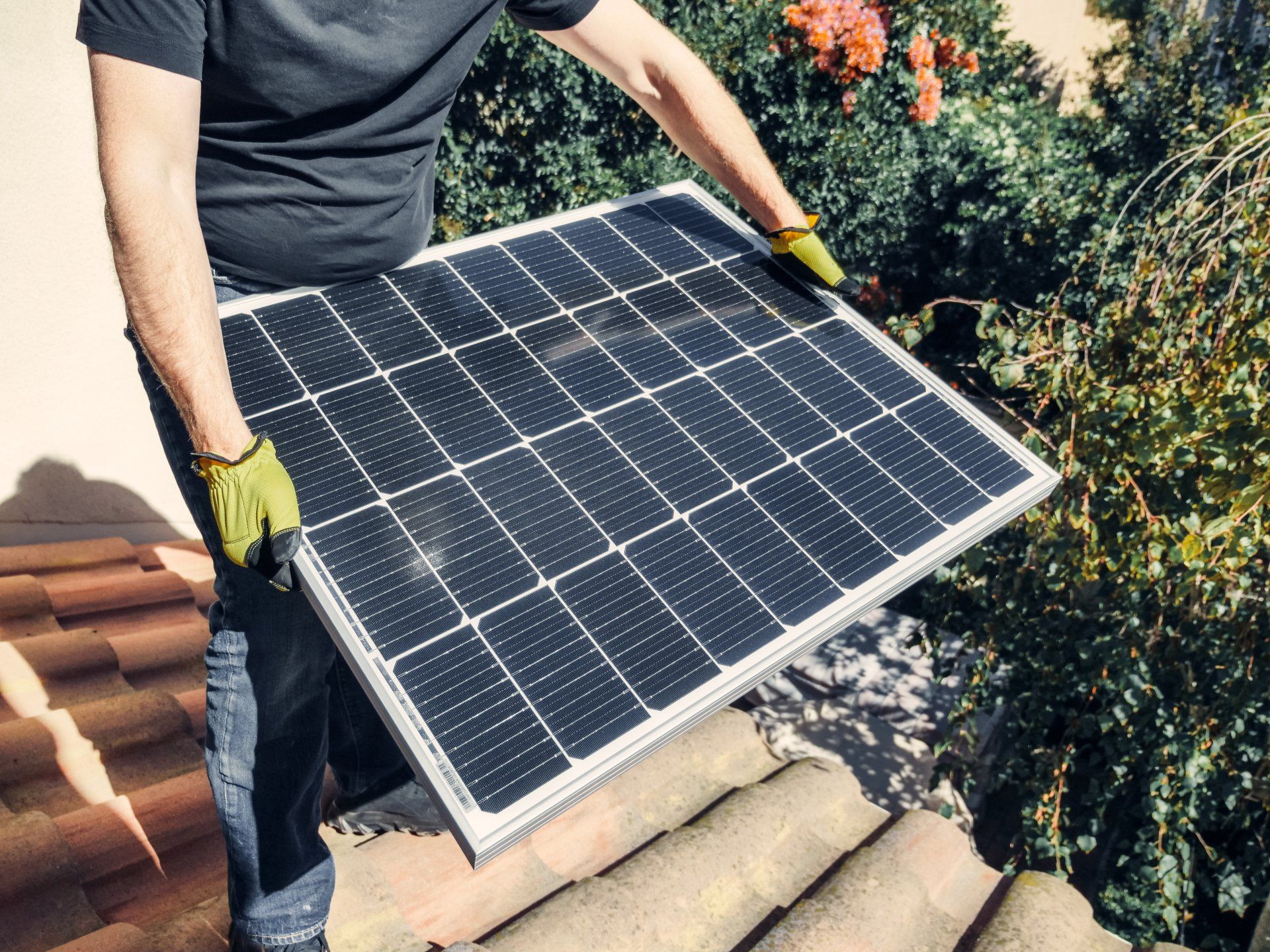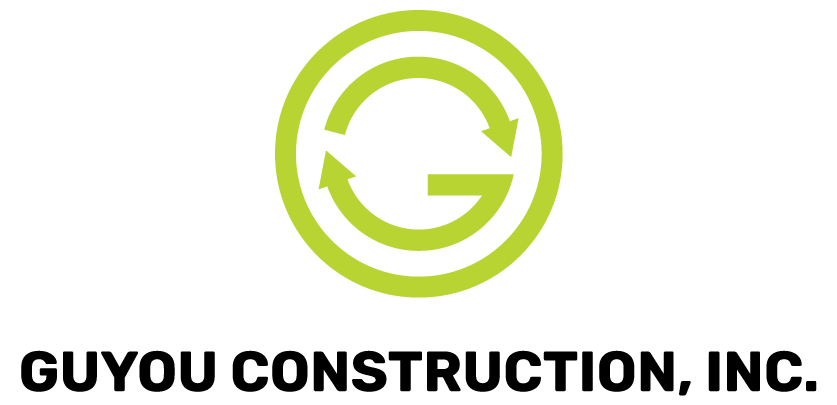California's Solar Revolution: Embracing the 2023 Net Billing Tariff and Self-Consumption
Embracing the Future of Solar Energy: California's Transition to Net Billing Tariffs and Self-Consumption Strategies
The state of California has long been recognized as a pioneer in environmental conservation and sustainable energy. Over the years, it has laid out a progressive blueprint for the renewable energy industry that other states and countries often follow. Most recently, California has made a significant stride towards a sustainable future with the introduction of the Net Billing Tariff, a policy shift that could redefine the dynamics of residential solar power generation.
Understanding the Net Billing Tariff
Traditionally, California has operated under a Net Energy Metering (NEM) policy. With NEM, homeowners who installed solar power systems were able to sell the excess electricity generated by their solar panels back to the utility grid. They were then credited at the full retail electricity rate for each kilowatt-hour (kWh) of power supplied, resulting in substantial savings.
However, the renewable energy landscape is changing. As more homes go solar, utility companies are grappling with excess solar power during the day and inadequate supply at night. This has led to the introduction of the Net Billing Tariff.
Under this new model, homeowners are compensated at a lower rate for the excess electricity they send back to the grid. This change in policy makes it less economical for homeowners to sell back surplus power, creating a strong incentive for them to use the electricity their solar panels produce, instead of relying on grid power.
The Shift Towards Solar Plus Battery Storage
As a consequence of this policy shift, solar companies are encouraging homeowners to pair their solar panels with battery storage systems. Homeowners can store the excess energy generated during the day in batteries and use it during peak times or when the sun isn't shining, rather than sending it back to the grid for a lower return. Battery storage not only allows homeowners to maximize their solar investment but also provides a reliable backup power source during grid outages.
The Rise of Self-Consumption
With the new tariff system, there has been a fundamental shift in the solar energy paradigm. Solar companies and homeowners are moving towards a model known as "self-consumption." Instead of producing electricity to feed back into the grid, the primary goal is now to consume the electricity produced by solar panels directly.
In essence, self-consumption means running your home or business using solar power directly from your panels. It’s a practical, efficient use of solar power, encouraging less reliance on the grid and greater energy independence.
What Does This Mean for Homeowners?
The introduction of the Net Billing Tariff is indeed a game-changer, but it does not undermine the viability of solar power. In fact, it emphasizes the inherent value of solar energy as a tool for sustainability and self-sufficiency.
With the advent of advanced and affordable solar-plus-battery solutions, homeowners can still reap significant benefits from installing solar power systems. These include reduced reliance on the grid, lower long-term electricity costs, backup power supply, and the satisfaction of contributing to a more sustainable future.
While the shift to the Net Billing Tariff has caused some disruption in the renewable energy space, it also presents an opportunity. It encourages us to redefine how we generate and use solar power, moving towards a model of self-sufficiency and greater energy independence.
Ultimately, this change reflects the evolving nature of renewable energy and our relationship with it. As homeowners, we are being challenged to think more strategically about our energy consumption patterns and how we can maximize the use of renewable resources, not just for our benefit, but for the sustainability of our planet.

